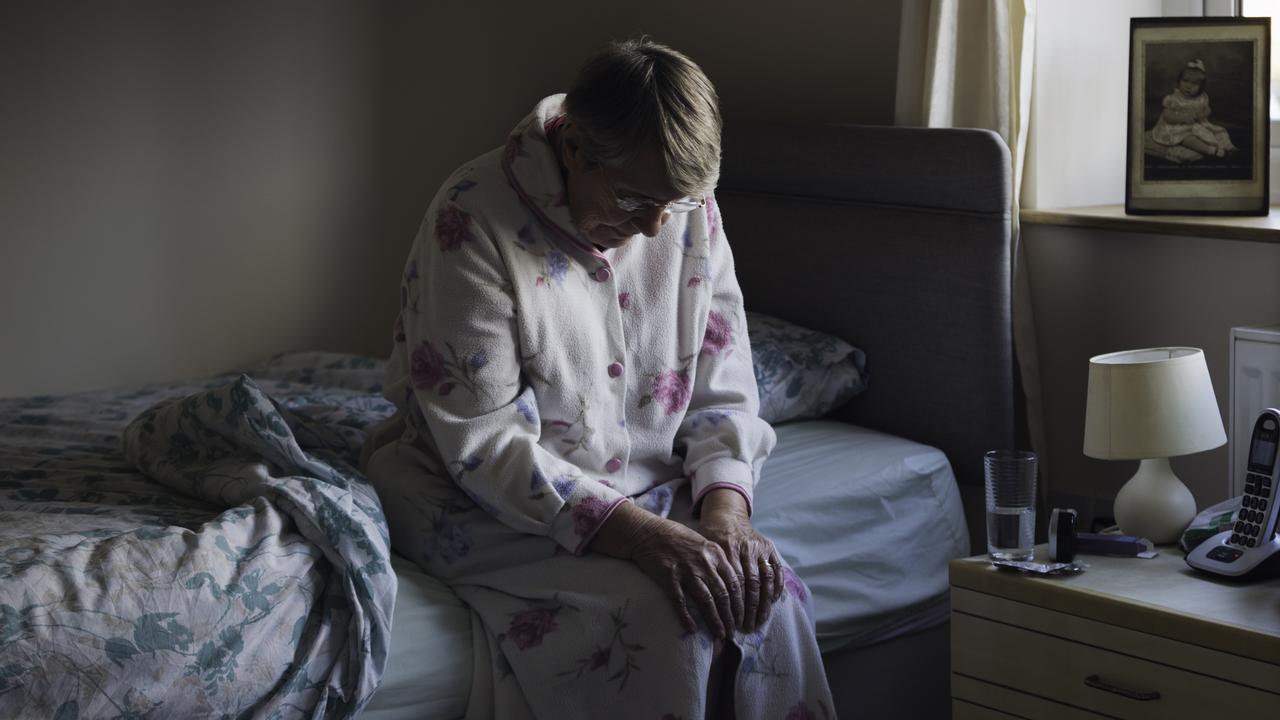Christopher Pyne: Beware the power of the unelected ICAC
ICACs have enormous power – just ask Gladys Berejiklian. Get it wrong, and there are earth-shattering consequences, writes Christopher Pyne.
Opinion
Don't miss out on the headlines from Opinion. Followed categories will be added to My News.
In a world where social media has turned politics into something akin to a Rollerball-style blood sport, Gladys Berejiklian stood out.
While the 24-hour rolling, roiling news cycle is hungry for never-ending chaos and scandal, Berejiklian slowed the pace with sense and stoicism.
Despite NSW being in an extended Covid-19 lockdown and Sydneysiders seemingly finding the constriction of movement unendurable, the former NSW premier, while not immune to criticism, calmly and patiently was coaxing the biggest state through a serious crisis.
But while Berejiklian has become a national figure in more recent months, she has a record of achievement over many years, which is better known in NSW than here.
She is the first elected woman premier of NSW.
As transport minister and then treasurer, she implemented significant reforms to the digitisation of government service delivery that made it easier for NSW to manage Covid-19 tracing and the response to the pandemic.
She oversaw huge new infrastructure projects that will continue to make Sydney a liveable city and an economic powerhouse for decades to come.
As an Australian woman of Armenian descent she is a powerful role model for women and multicultural communities of all persuasions.
Of all things, she is authentic. She didn’t try to snow the people of NSW. She called it as she saw it and they put their faith in her by electing her as premier at the 2019 state election.
Now, she’s gone. NSW is looking for a new leader to see it through.
It is a real blow. Delivered by, not the people of NSW in an election to decide which political party should govern, but instead, the Independent Commission Against Corruption.
When a politician retires or is defeated, there is rarely such a visceral reaction as there has been to the demise of Berejiklian.
The obvious grief comes from unlikely sources, non-political Australians such as Michelle Bridges and Russell Crowe, tough journalists like Laura Jayes and politicians of all stripes.
The people are surprised. Why wouldn’t they be?
Last Thursday, late in the afternoon, the NSW ICAC put out a media release indicating that it had launched another inquiry into whether Berejiklian had a case to answer over potential allegations of corruption involving her then boyfriend, Daryl Maguire, also at that time a NSW MP.
These are historical allegations going back many years.
Twelve months ago, Berejiklian went through humiliating public hearings involving the ongoing saga of Maguire’s business dealings. No charges were laid. She has not been convicted of anything.
ICAC has chosen now as a good time to reheat an inquiry into Berejiklian.
This is the third time a Liberal premier of NSW has been brought down by findings or investigations of ICAC – after Nick Greiner, whose government established the ICAC, and Barry O’Farrell. Neither Greiner nor O’Farrell were charged nor convicted of anything.
To be fair, ICAC also brought down Labor figures Joe Tripodi, Ian Macdonald and Eddie Obeid.
The NSW ICAC was the first of its kind. Such accountability bodies are now operating in most jurisdictions across Australia.
The NSW version seems to have the most far-reaching powers of any. It has significant communication interception capabilities and further, appears to conduct its accountability in full view of the media and the public. Unfortunately, regardless of whether a person is ever convicted of a crime as a result of the findings or an investigation of the ICAC, the very existence of such a public inquiry is usually enough to destroy the careers of politicians and bureaucrats across state, federal or local government.
For that reason alone, the responsibility of public accountability organisations is a heavy one. If they get it right, they are heroes. If they get it wrong they are zeros.
Recently in South Australia, the parliament amended the rules governing the South Australian version of ICAC.
It did so after inquiries conducted by various bodies found reform to its mandate and conduct was warranted.
The parliament altered the Act that covers the SA ICAC through amendments moved by SA-Best MLC Frank Pangallo in the Legislative Council and then agreed to by the Liberal government and Labor opposition. A rare feat.
At the end of the day, the parliament is the extension of the people and the parliament has spoken.
If the public don’t like what it has done, they will have their chance to vote on it next March. SA Commissioner Ann Vanstone and her team will implement whatever the parliament has agreed to because as members of the public service, that is what they do.
Federal Labor has promised to introduce a national ICAC if elected at next year’s federal election.
Labor would want to put a real effort into understanding which model has worked well and which ones not so well both in the Australian states and overseas.
If they get it wrong, it has earth-shattering consequences for the individuals concerned.
As we have witnessed first hand in NSW, an ICAC has the power to change governments.



